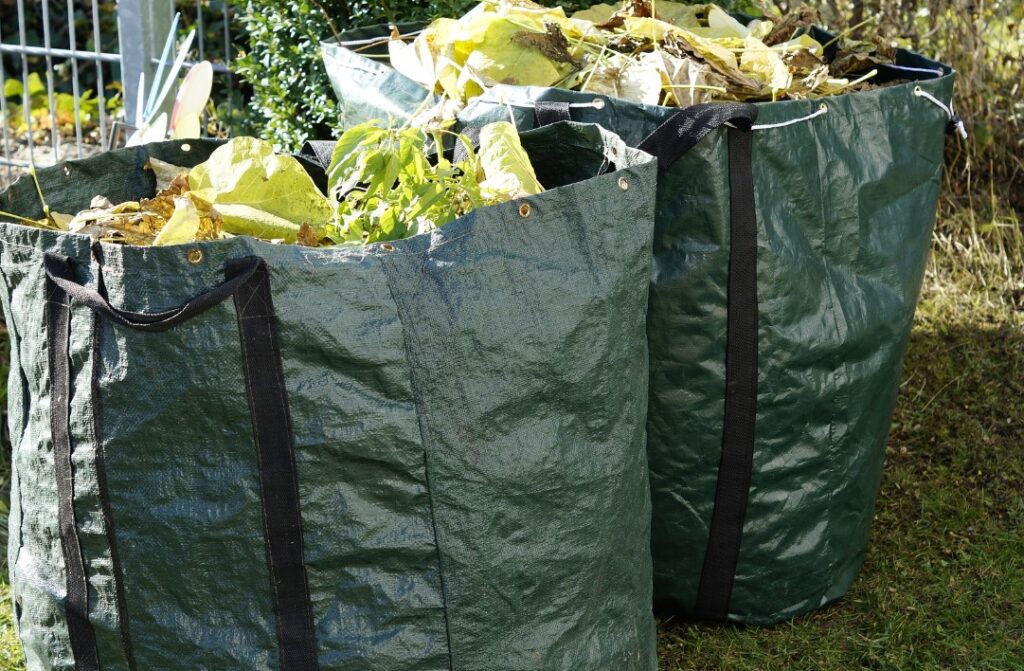In Germany, you will find several ways to recycle garden waste. There are separate bins for trash and recycling. You can also make use of Sperrmull. In Germany, the average recycling rate is almost 50 percent. If you want to learn more about the recycling process in Germany, read this article. This article will help you know how to properly dispose of garden waste in Germany. In addition, you’ll learn how to separate your garden waste.
Recycling bins in Germany
In Germany, you can find a variety of recycling bins for garden waste, depending on the municipality. Each bin has a designated day for collection, and you should put your recycling bin out the night before. In many municipalities, you can get a calendar from your apartment or neighbourhood to know when the bins will be picked up. Alternatively, you can ask your neighbours or your Housemeister about the collection schedule in your area.
Recycling bins in Germany are designed to help you separate waste into recyclable materials. They are colored to indicate what type of recyclables you should be putting into the bins. You should use a blue bin for paper, cardboard, and other items that are made of paper. You should also use a brown bin if you want to recycle items that are biodegradable. You can also use it to compost.
source: Gartenabfall entsorgen Berlin

Separating trash and recycling in Germany
In Germany, people take recycling seriously. They have different bins for different types of garbage, such as paper and plastic. Blue bins are for trash, while yellow and orange bins are for recyclables. Blue bins cannot contain plastic bags, but are meant for clean paper products. You can also put biodegradable items in the grey bin, including baby diapers.
Most residents live in apartment buildings, so trash collection happens centrally. There are no cameras to check that the proper bin is filled with garbage, and no one will ticket you for too much trash. Some initiatives are trying to change this by investing in new technology to keep track of the amount of waste in each bin. But these technologies are expensive, and it would cost more money for the city to implement them. Furthermore, the central waste management company in Germany (BSR) makes money by collecting trash, and separating it properly would cost them money.
Using Sperrmull to dispose of garden waste
Using Sperrmull is a common way of disposing of waste in Germany. Some people, however, use it incorrectly and put things like hazardous waste in it, instead of bringing it to a Sammelstelle and having it collected. Sperrmull takes place on certain days throughout the year, and you can either bring your unwanted items yourself, or you can pay a private citizen to collect your unwanted items.
Recycling rate in Germany
Germany has a high recycling rate of garden waste. It is currently 38 percent, but this number is not always accurate. A lobby group called Plastics Recyclers Europe says the reported rate does not represent the true recovery. The group bases its figures on how much plastic is collected and ultimately recycled. This number is called the net recycling rate.
In Germany, residents place recyclables in a bin color-coded according to their material. For example, green glass goes in one bin, while brown glass goes in another. The same goes for paper and cardboard, cans, plastic, and batteries. Many households in Germany also compost kitchen scraps and garden waste. There are also separate bins for batteries and other small items. In addition, residents also bring hazardous waste to regular collection sites.
For more information: https://turbo-entsorgung.de/

